The Grain Board 03/03/2026
- Corn: $5.20
- Soybeans $11.80: Call for stored bean price
- All Wheat: FULL
- Milo: CALL
Our Products
For five generations, Albright’s Mill has guaranteed the superior quality of the grain and feed we produce. Our high-quality, nutritious products are completely free of preservatives. Every package has a clear window, which allows you to see the caliber of our feed. We care about your animals and our customers, and we thank you for being part of the Albright’s Mill family!
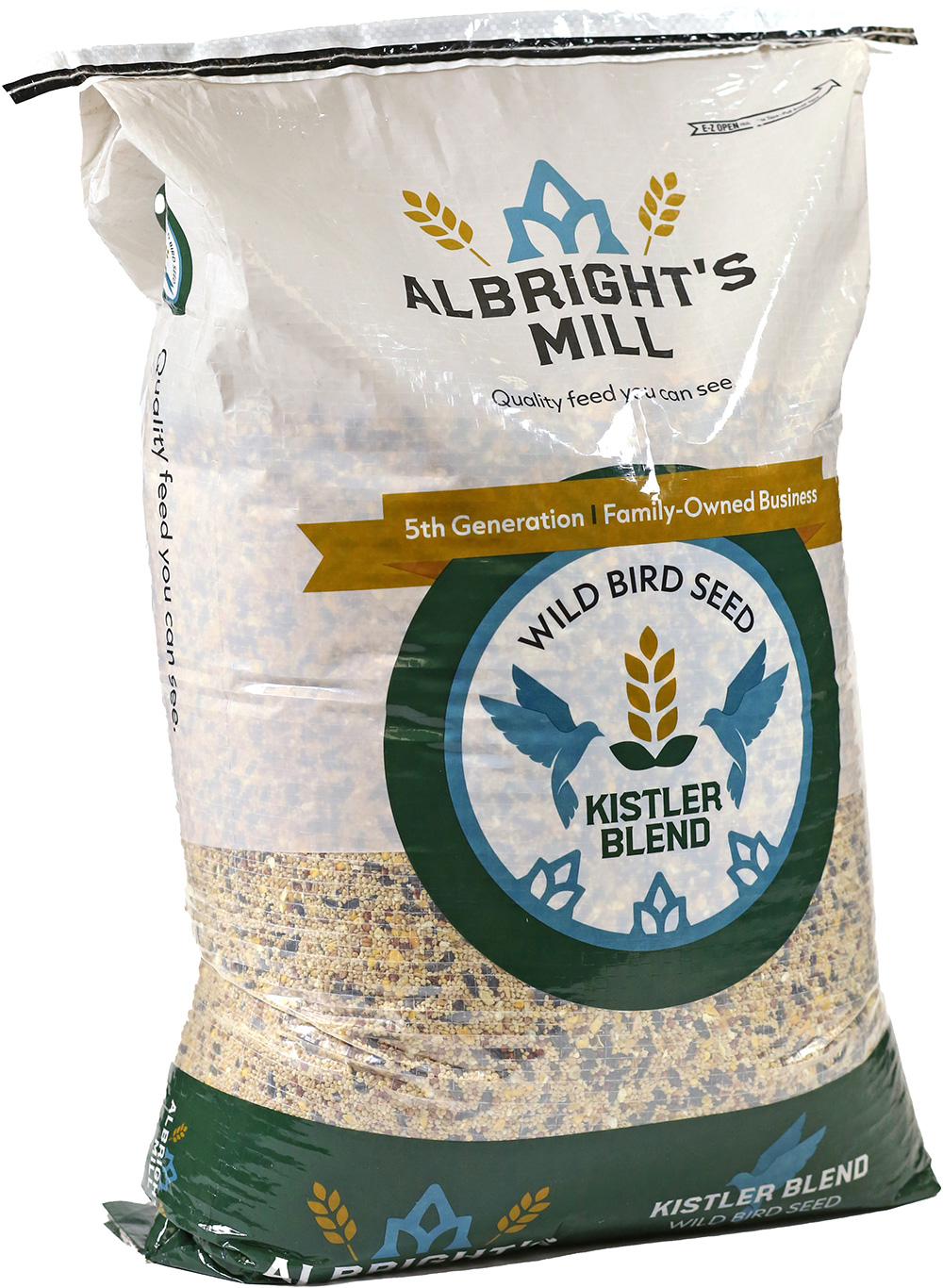
AM Kistler Wild Bird
20 LBS, 40 LBS
Delight the winged friends In your backyard! Among the variety of birds visiting your yard there are species that prefer…
Shop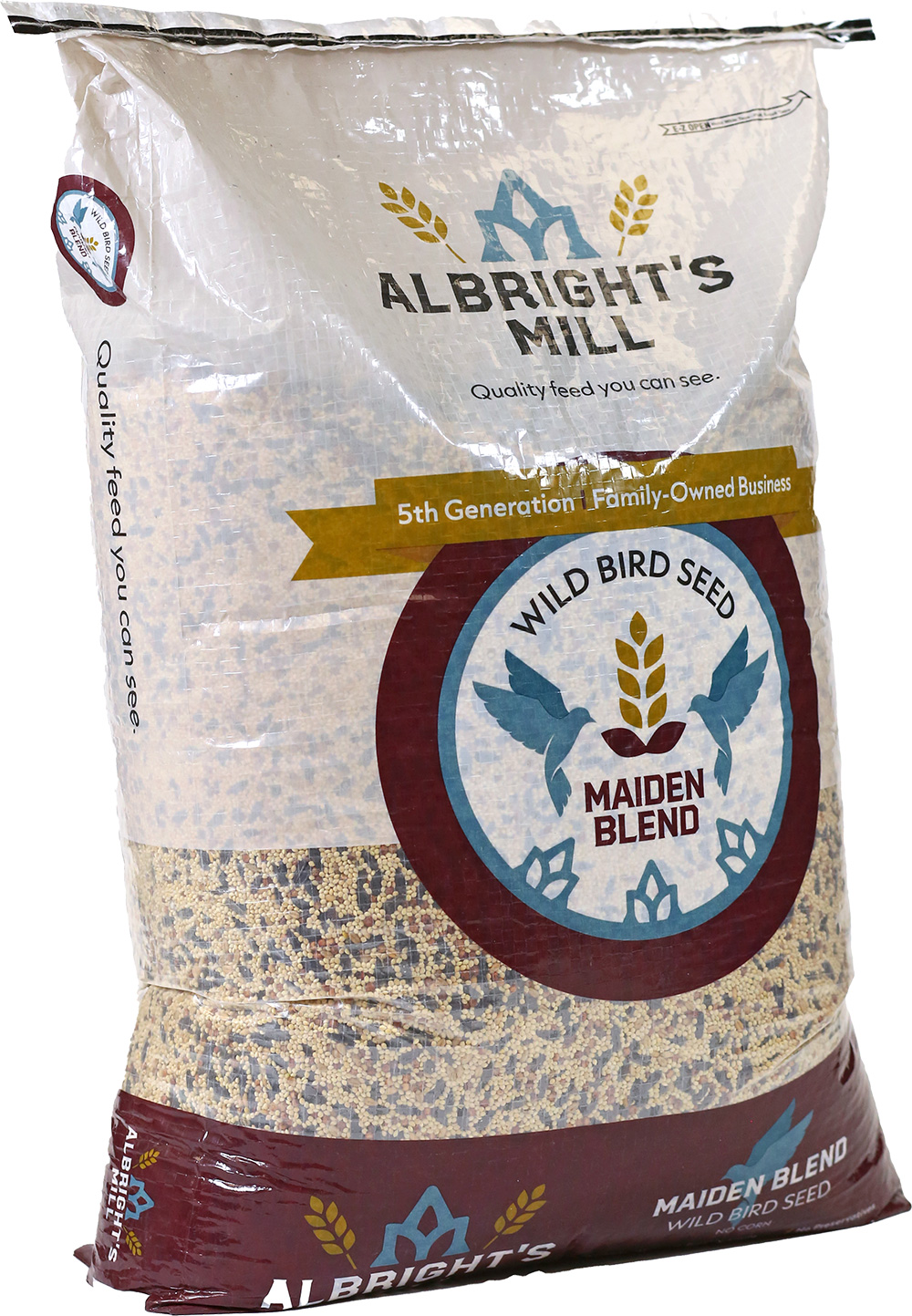
AM Maiden Wild Bird
20 LBS, 40 LBS
Delight the winged friends In your backyard! Among the variety of birds visiting your yard there are species that prefer…
Shop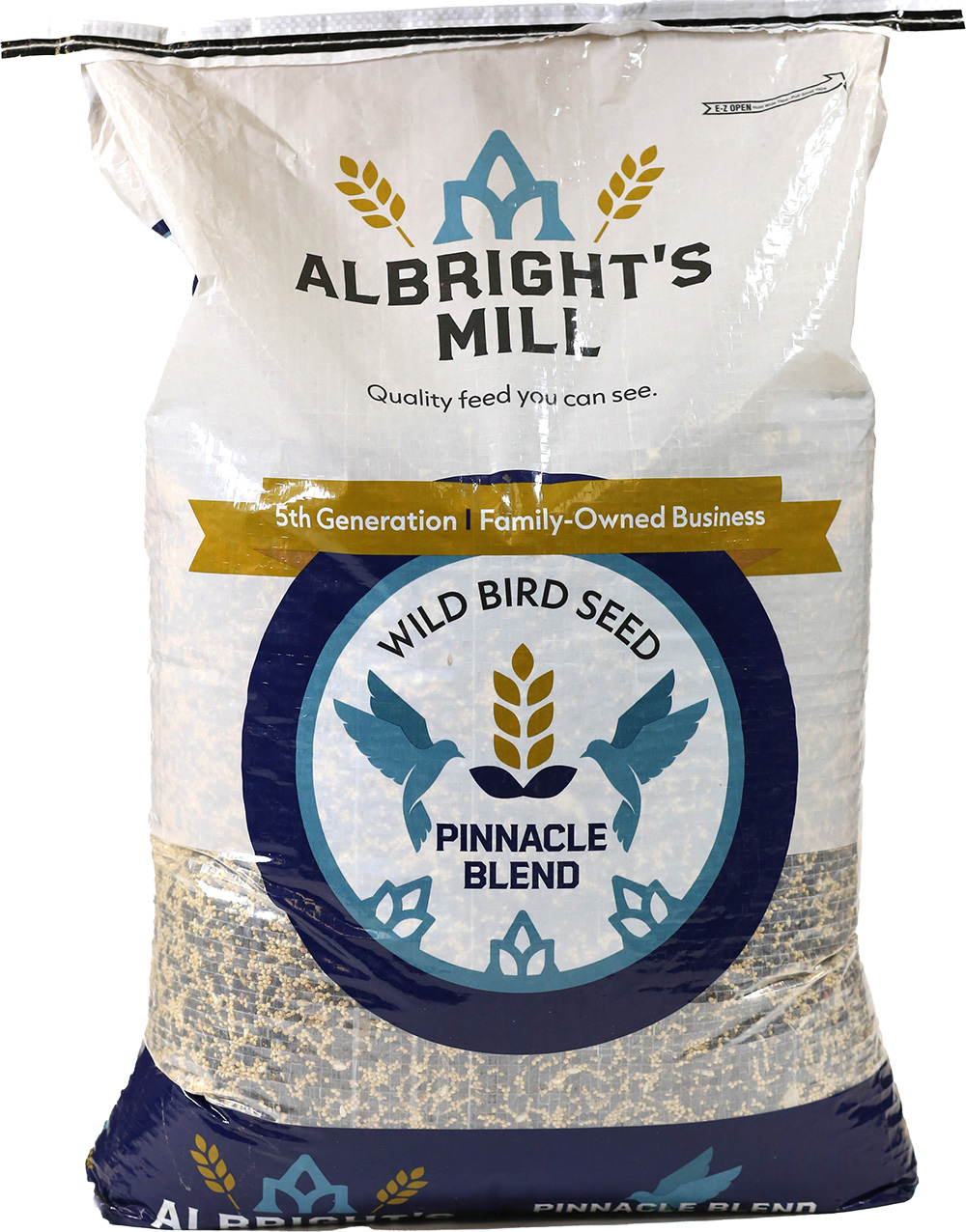
AM Pinnacle Wild Bird
20 LBS, 40 LBS
Delight the winged friends In your backyard! Among the variety of birds visiting your yard there are species that prefer…
Shop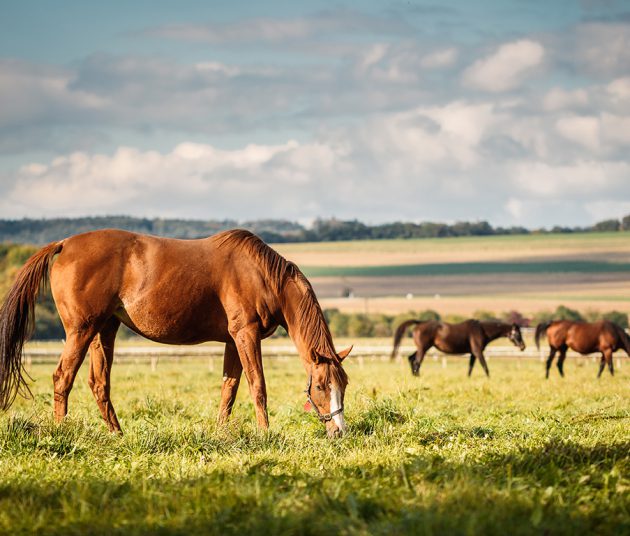 Horse Feed
Horse Feed 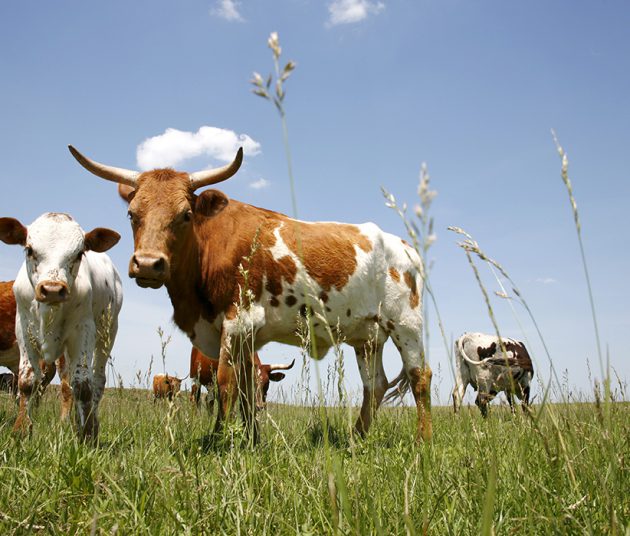 Steer Feed
Steer Feed 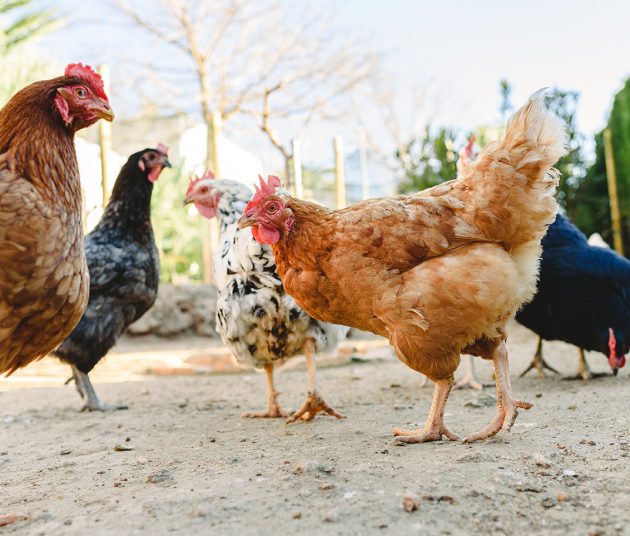 Backyard Flock
Backyard Flock